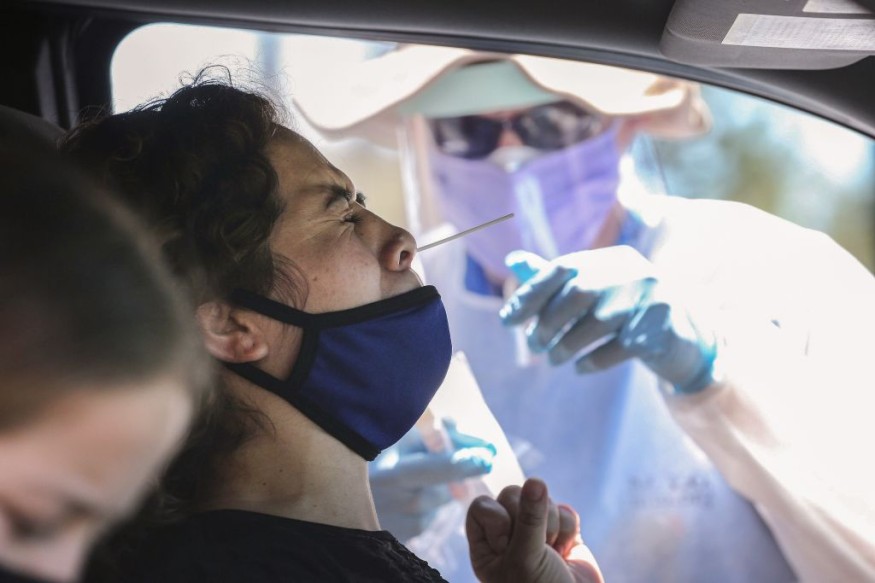There are four coronavirus signs that you might still want to watch for that are deemed moderate - they may be the first indication that you're getting sick with the virus. Without understanding it, they may even be an indicator that you were infected.

Brain fog
For weeks and even months after recovery from the infection,' cognitive fog' has been documented by COVID sufferers. This may mean lacking the ability to remember or hold discussions about daily information.
COVID may have actual "chronic neurological effects," a research undertaken by Imperial College London said per DailyMail.
They discovered that trauma to the brain happened at different stages as part of their study, based on how serious the condition was.
Fatigue
Research by Trinity College in Dublin has indicated that more than half of coronavirus patients experience chronic exhaustion, regardless of their infection's nature.
In the sample, 52 percent of 128 individuals recorded continuing tiredness and fatigue, also 10 weeks after recovery from the virus, the researchers observed.
Researchers found a substantial burden of post-viral exhaustion in individuals with prior Sars-CoV-2 infection during the acute period of COVID-19 disease.
The third most frequent symptom was a 'flatlining' sense of exhaustion, a Global Health Orginization (WHO) report also looking at common symptoms of COVID found.
The NHS suggests that you get a test to confirm whether you have coronavirus whether you have a high fever, a fresh, continuous cough or loss, or whether your sense of smell or taste improves.
"The government also recommends in addition to having a test: "You and everyone you work with can remain at home and not have guests until you get the outcome of the test, just leaving your home for a test.
If you've been in constant touch with them before the symptoms began or within the 48 hours before they began, everyone in your comfort bubble can still remain at home.
Skin Infections
Conjunctivitis occurs in two to three percent of patients with COVID-19, the American Academy of Ophthalmology said.
According to Healthline, health experts agree that between 1 percent to 3 percent of patients with COVID-19 experience infectious pink eye or conjunctivitis.
The virus can spread by contacting fluid from the eyes of an infected individual or fluid-carrying items.
Stomach ache
A analysis of 36 reported COVID-19 trials affecting thousands of patients found to be similar to one in five affected individuals can even expose gastrointestinal symptoms during the war against the virus. These signs include lack of appetite, fatigue, diarrhoea, vomiting, and discomfort in the stomach.
"Seeing these things is not necessarily telling us a patient has COVID-19," said study co-author Dr. Mitch Wilson, a radiologist and clinical lecturer in the University of Alberta's faculty of medicine and dentistry.
"It could be from a variety of potential causes," he told Express.co.uk.
However, he clarified that one of the possible triggers is virus infection. Wilson explained that in an area where COVID-19 is quite widespread, stomach ache is something that the attending physician must recognize and possibly pose as a risk.
Dr. Diana Gall also told Express Health that digestion symptoms and shifts in bowel patterns are often the first indicators that you're coming down with something, not only with this coronavirus.
However, in patients who later tested positive for Covid-19, Gall said experts identified diarrhea as an early symptom.
Check out more news and information on COVID-19 on Science Times.












